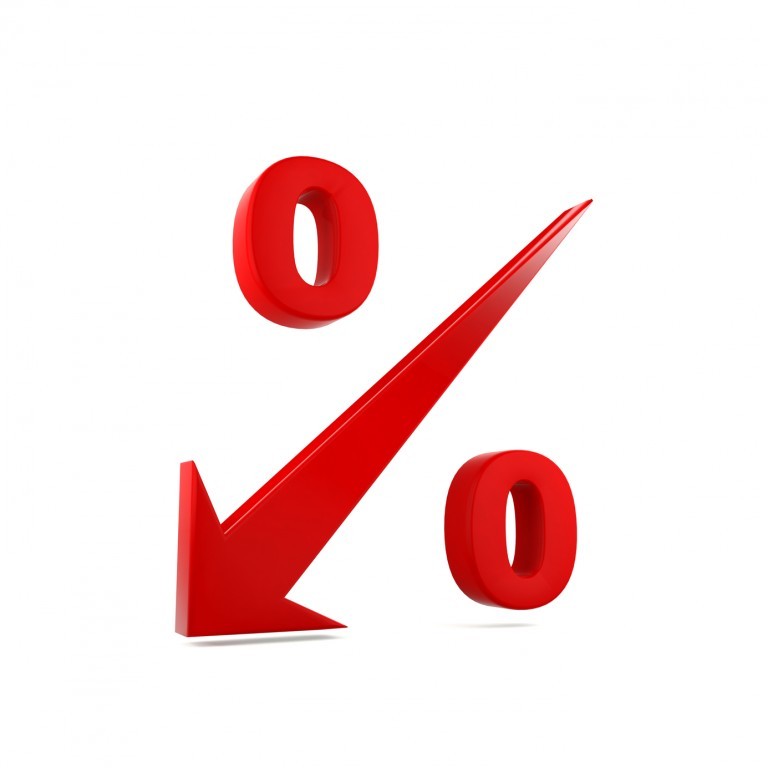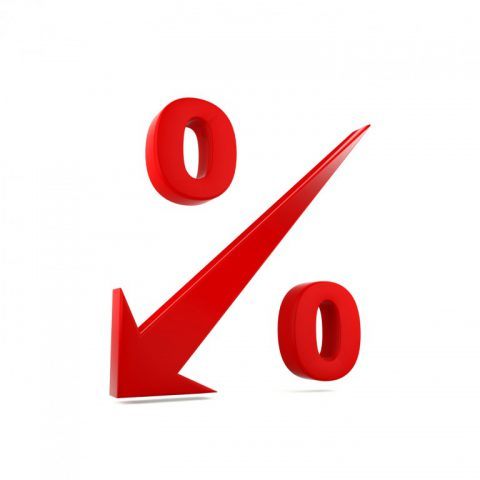Home » Uncategorised »
Annual House Price Growth Slows to 6.9%, Reports Halifax
This article is an external press release originally published on the Landlord News website, which has now been migrated to the Just Landlords blog.

Annual house price growth slowed to 6.9% in the three months to August, down from 8.4% in July, according to the latest report from Halifax.
On a quarterly basis, the bank’s House Price Index shows that house prices have risen by 0.7% to stand at an average of £213,930. However, this is down from July’s 1.5% figure and the lowest quarterly rate since December 2014 (0.5%). Halifax reports that the quarterly rate of growth has been on a downward trend over the past six months, after peaking at 3% in February.
The annual rate of growth has also been on a downward trend since March, when it reached 10%. August’s 6.9% rate is the lowest year-on-year increase since October 2013 (6.9%).
Over the month, house prices dropped slightly, by 0.2%, on July’s figure. This modest decrease was the lowest of the four monthly declines recorded so far this year. Halifax adds that the quarterly change is a more reliable indicator of the underlying trend.

Annual House Price Growth Slows to 6.9%, Reports Halifax
The Housing Economist at Halifax, Martin Ellis, comments on the figures: “House price growth continued the trend of the past few months in August with a further moderation in both the annual and quarterly rates of increase. There are also signs of a softening in sales activity.
“The slowdown in the rate of house price growth is consistent with the forecast that we made at the end of 2015. Increasing difficulties in purchasing a home, as house prices continued to increase more quickly than earnings, were expected to constrain demand, curbing house price growth.”
Property sales declined marginally between June and July, by 1%, following successive growth in the two previous months. However, Halifax notes that sales have been heavily distorted in recent months by April’s introduction of higher Stamp Duty rates for buy-to-let landlords and second homebuyers.
The Stamp Duty change has also affected mortgage approvals data since the start of the year. The number of mortgage approvals for house purchases – a leading indicator of completed sales – was down by 5% between June and July. At 60,912, it is the lowest level since January 2015.
Additionally, new instructions by vendors fell for the fifth consecutive month in July. This contributed to a further drop in the number of homes on the market, which remains close to record low levels.
Responding to the data, the co-founder and Director of online mortgage lender LendInvest, Ian Thomas, says: “There have been a number of external factors that have chipped away at the property market in recent months, from the additional Stamp Duty charge to Brexit, with the traditional summer slowdown weighing in as well. While transactions have certainly slowed in central London as a result, the sentiment we get from buyers around the rest of the country is that it is close to business as usual.
“September will be a useful barometer for what comes next for the property market, as transactions tend to pick up once the holiday period is over. Nonetheless, the fundamentals of the property market are unchanged – we do not have enough homes, and we aren’t building enough homes to address that shortage. That will act as a brake on any house price softening in the months to come.”
The founder and CEO of eMoov.co.uk, Russell Quirk, also comments: “Today’s figures from Halifax show house prices have cooled a further 0.2% from the 0.1% drop seen in July. Although on the face of it, this may seem like validation of the Brexit-inspired blues that have plagued the media over recent months, this decrease is nothing more than a seasonal adjustment due to the slower pace of the market during the summer months.
“It may seem like Britain’s decision to leave the EU is starting to take its toll on the UK property market, but in reality, the timing of the referendum vote is just coincidental with the type of market movement traditionally experienced during July and August.”
He continues: “The annual change provides us with a much clearer diagnosis of the current market and shows that prices are still up 6.9% when compared to August last year. This annual calculation is based on the last three months of data when compared to the same three months of 2015, which provides a more honest portrayal of the underlying condition of the market and adjusts for any short-term fluctuations, such as this marginal month-to-month drop.”




